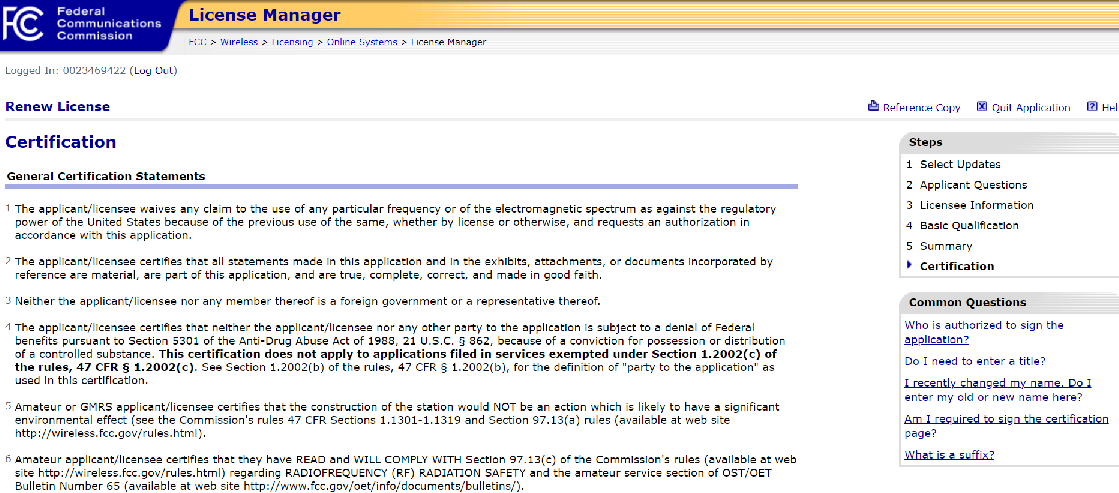Doesn't expecting the unexpected make the unexpected the expected?

I think this question is best handled using the unexpected hanging paradox.
Let's say you are a prisoner and a judge tells you that you will be hanged at noon on one weekday in the following week but that the execution will be a surprise to you. You will not know the day of the hanging until the executioner comes to your cell at noon that day.
Thinking about what the judge said you come to the conclusion that you will escape from the hanging. Since the judge's sentence stipulated that the hanging would be a surprise you reason that the "surprise hanging" couldn't be on friday because if you aren't hanged by Thursday there is only one day left so it won't be a surprise if you're hanged on friday.
You then reason that the hanging can't happen thursday either because friday has already been eliminated and if you haven't been hanged by noon on wednesday the hanging must occur on thursday; making a thursday hanging expected and not a surprise. By similar reasoning you also eliminate the possibilities the hanging could occur on wednesday, tuesday and monday. Therefore, you logically expect the "surprise hanging" can't happen and you are safe. Next week on wednesday the executioner comes to your cell at noon and you are surprised to find out you are being hung that day. The judge was correct.
Sources:



Comments